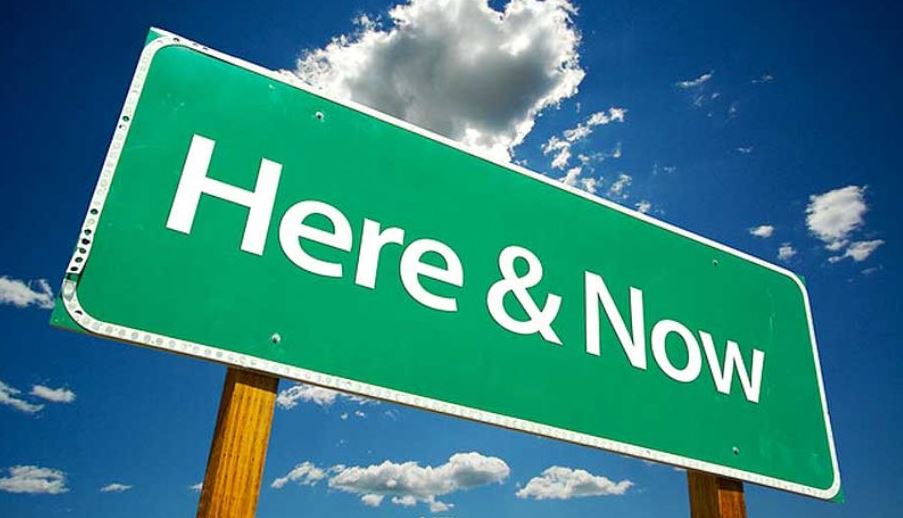“Do you think the school will have graduation for the seniors?”
“I can’t wait for summer and surfing and just being with my friends. Do you think the beaches will be open by then?”
“When do you think we’ll be able to stop doing social distancing?”
“What if the governor sticks with the May 4th deadline of lifting the rule?”
These are questions in just the past 48 hours from one of my teenagers. At 17, with a boyfriend, and as an extreme extrovert, she wants answers regarding when life will be “normal” again. She doesn’t like feeling isolated, doesn’t like being restricted, and doesn’t like not knowing. And she’s not the only one. Friends, family members and patients are asking similar questions. Some are spending hours daily scouring websites and news sources for information, trying to get answers to their timeline questions. Essentially, they are trying to predict an unpredictable situation, one that our world’s best scientists are having a hard time predicting. Much like my teen, many people are playing the “what if” game and trying to come up with answers that are not available.
The reason why they do this is understandable. Uncertainty is not a comfortable place for most humans. From an evolutionary perspective, uncertainty from the earliest times of man equaled danger. When there is uncertainty, our brains respond, with anxiety or hypervigilance, to try and determine the danger and establish a safe protocol. We search for answers and patterns in an attempt to establish timelines. But when this is impossible, these dysfunctional responses worsen. Anxiety and hypervigilant behaviors grow, possibly overwhelming a person’s daily functioning, impacting sleep, and manifesting as physical symptoms. Instead of protecting us, our behaviors are now hurting us.
The solution may not be easy for some and it requires breaking habits that may very well be ingrained from our primitive beginnings. The solution is to live in the moment, with the current information. The challenge becomes harder when many of the questions don’t have answers like my conversation with my daughter:
“Do you think the school will have graduation for the seniors?” I don’t know, but I’m sure they’ll do whatever they can for the seniors.
“I can’t wait for summer and surfing and just being with my friends. Do you think the beaches will be open by then?” I don’t know, hon. We’ll keep following the guidelines to stay safe.
“When do you think we’ll be able to stop doing social distancing?” I don’t know that, but I do know that social distancing is keeping us safe.
“What if the governor sticks with the May 4th deadline of lifting the rule?” Why don’t we focus on today and this week since those are what we know.
You can imagine how these responses were received by my daughter. She wanted definites and concrete answers about life returning to “normal”, and I couldn’t give her these. No amount of research, or charting, or scheduling provide the answers. Working to bring my daughter back into the moment was what I could control and could offer.
“What ideas do you have of what the school can do for the seniors?”
“Have you looked at any videos on surfing to get better at your skills, or have you thought about preparing your board so it’s ready to use?”
“What are some things you can do with your friends now with the social distancing?”
“What things are on your list to do while we are still staying safe at home?”
Keeping ourselves and our loved ones grounded in the moment, focused on current, factual information, and maintaining control over things that are actually within our control, are all important steps to maintain mental health during times of crisis and uncertainty. This requires a consistent practice of retraining our brains, and the brains around us, to stop the “what ifs”, reduce the future thinking, and replace those with alternate thoughts which meet the three criteria above. By doing so, we let go of the thoughts of what life “should” or “would” be like, and learn to be comfortable, or maybe even enjoy, the life we are currently in.
Just a little something for your insight. – Dr. Robin

